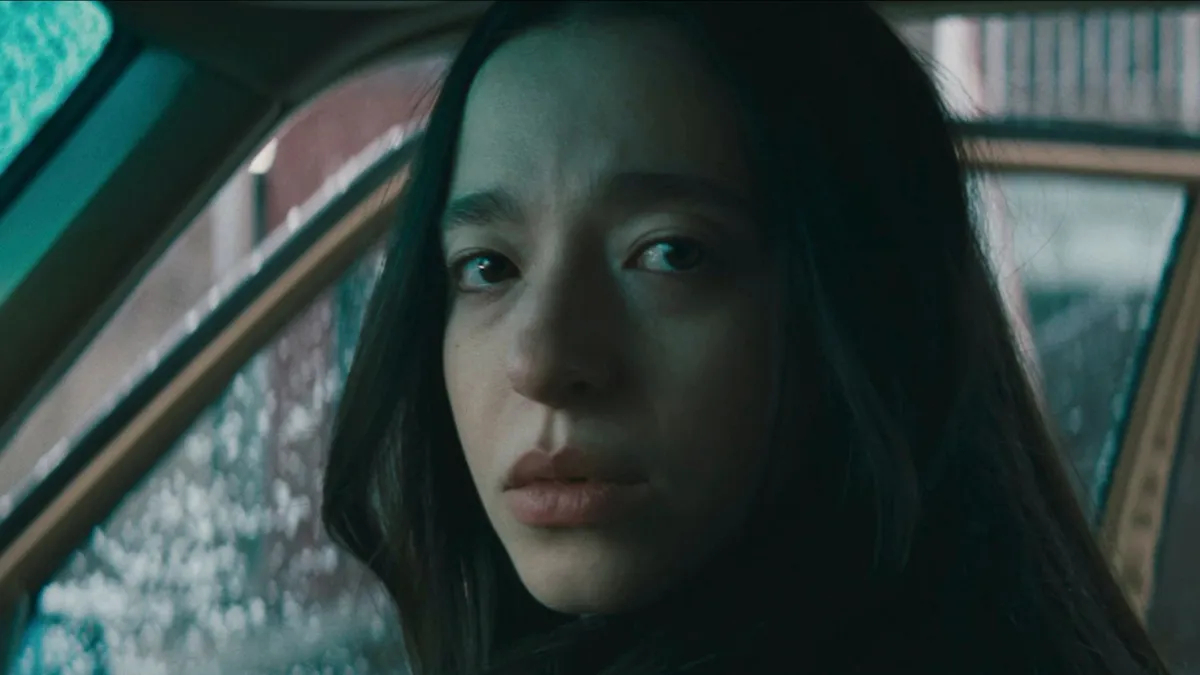Anora's Ending

Sean Baker is obsessed with transgressive women. Anora returns to this potent fixation after the stumble of Red Rocket. It's a sensational film with a year-best performance from Mikey Madison. Despite this, I want to talk about Anora's ending because I think I hated it. That's no reflection on its merits inherently, because it is an extremely strong ending, but I wanted something different and I'm going to work that out here.
Anora, in the broadest sense, is about a woman constantly (successfully) asserting her right to respect and dignity despite it endlessly being challenged, denied, disregarded. The film plays at multiple registers - incredibly funny, incredibly disturbing, incredibly sad - but Ani refuses to be a victim. She swears, she gets in people's faces, she fucking insists. This is essential to the film's success as it does its tonal highwire act and her tenacity is the balance the audience relies on. We see her strength waiver in private moments but essentially, other characters never do. It creates an intense connection with Ani and, for me, fosters some deeply felt expectations.
So, my problem with the ending is that it feels like it relents to tropes that it deliberately resists and confounds up to that point. It gestures towards a shame Ani might feel about her chosen profession, that it might actually a source of emotional arrest or harm. The final scene asserts this when she struggles to express a desire for genuine intimacy. She initiates sex, possibly in the same transactional way she has many times before, and the undeniable affection for Igor asserts itself in an attempted kiss from him. She panics, recoils, the definition of the scene changes in a troubling way, and then she breaks down. She sobs in Igor's arms in the dropped front seat of his grandma's car. The film ends with them holding each other.
As an ending it doesn't betray the film or let it down. It makes perfect sense that a 23-year-old who has the confidence most older adults would kill for might relent at some point. All more after going through such sustained humiliation and abjection. But I wanted desperately for Ani to hold onto that unerring strength even when presented with someone trustworthy. I wanted the film to end with it in tact, whether it would be sustained beyond the credits or not. It's what drew me so deeply into this film, that made examining its many other accomplishments so exciting, that gave it its odd verisimilitude.
But so it goes. The more I think about the more persuaded I am by the ending we got. Intellectually, if not emotionally. It's functional if not satisfying. Igor embodies a number of complications that make him a reasonable audience to Ani's vulnerability, if it's absolutely essential we witness such a thing. He's effectively been her captor throughout, as a previous exchange unflinchingly acknowledges, but he's also made small (pathetic) attempts to assert her humanity. Igor also embodies a shame about being Russian that Ani never outright states but endlessly alludes to in the chosen version of her name, her desire not to speak Russian, her hostility at being associated with it. The film overtly positions the pair belonging to a similar class, one subordinate to those around them, and Ani acknowledges this with by her utter contempt for Igor's lack of pride. Igor is an endless canvas for Ani to project her contradictions and frustrations. So in a moment of genuine intimacy she hits the end of her runway and breaks. It makes sense and is just as fraught and thought-provoking as everything else. Imagine, though, if she didn't give this dickhead the satisfaction?